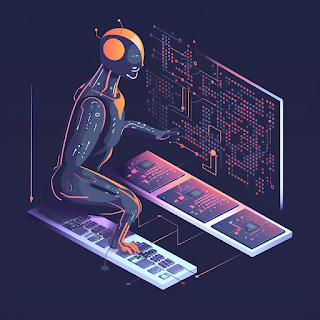Hello there! As the world becomes increasingly globalized, the demand for translation services is on the rise. With the advent of artificial intelligence (AI), some people are wondering whether AI can replace human translators. OpenAI, a leading research organization in the field of AI, has been exploring this question and has some interesting insights to share.
According to OpenAI's research, while AI is getting better at translating languages, it's unlikely to replace human translators anytime soon. There are several reasons for this. First and foremost, language is complex and nuanced, and it takes more than just a set of algorithms to fully understand and translate it. Language is also constantly evolving, and human translators are better equipped to keep up with these changes.
In addition, translation requires more than just language skills. It also requires cultural knowledge, empathy, and an understanding of the context in which the translation is taking place. These are all uniquely human skills that AI is not yet capable of replicating.
However, OpenAI believes that AI can be a powerful tool for assisting human translators. By automating certain aspects of the translation process, such as word processing and basic translations, AI can help translators work more efficiently and effectively. This allows them to focus on more complex and strategic aspects of their work, such as interpreting idiomatic expressions and cultural references.
There are also potential downsides to the increasing use of AI in translation. For example, there is a risk that it could lead to job displacement for some translators, particularly those working in more routine or repetitive roles. However, OpenAI believes that the benefits of AI will outweigh the negatives, as long as it is used in a responsible and ethical way.
So, to sum up, while AI is becoming more capable of translating languages, it's not going to replace human translators anytime soon. Instead, it's likely to become a powerful tool for assisting and augmenting the work of human translators. At OpenAI, they believe that the best approach is to embrace this technology and use it to help us become better translators, rather than fearing it as a potential threat to our jobs.
What do you think about AI and its impact on translation? Let us know in the comments below!

Comments
Post a Comment